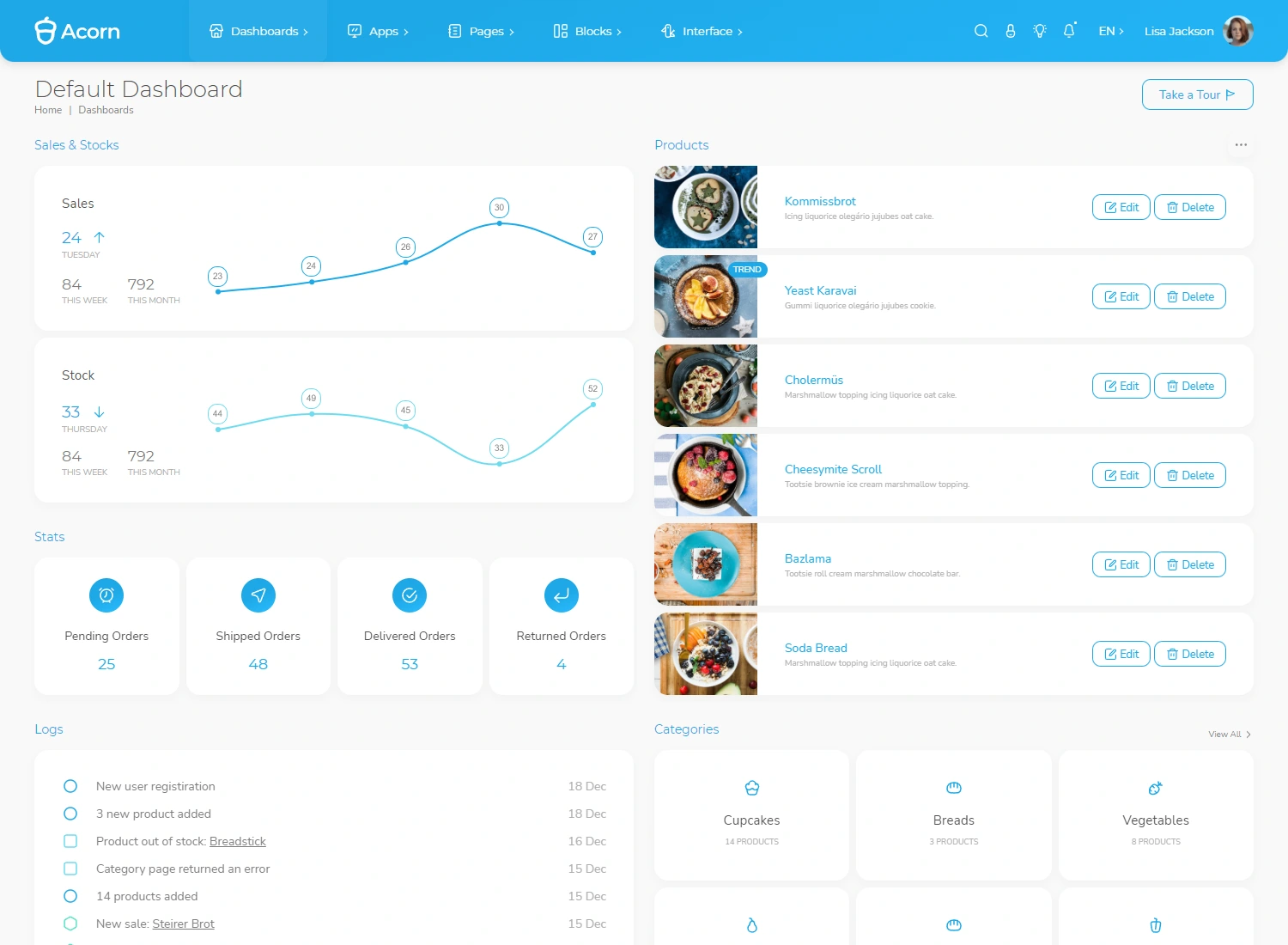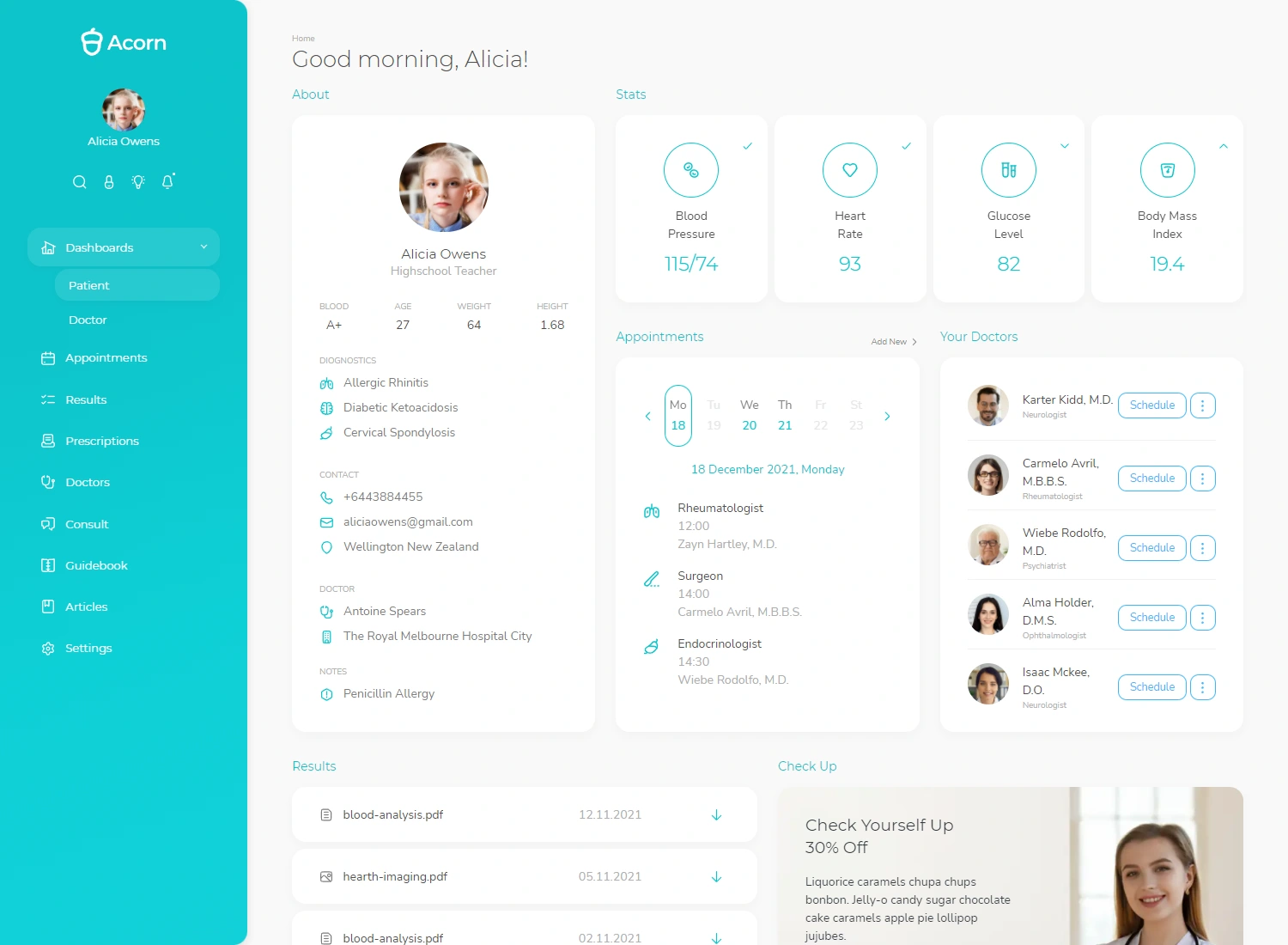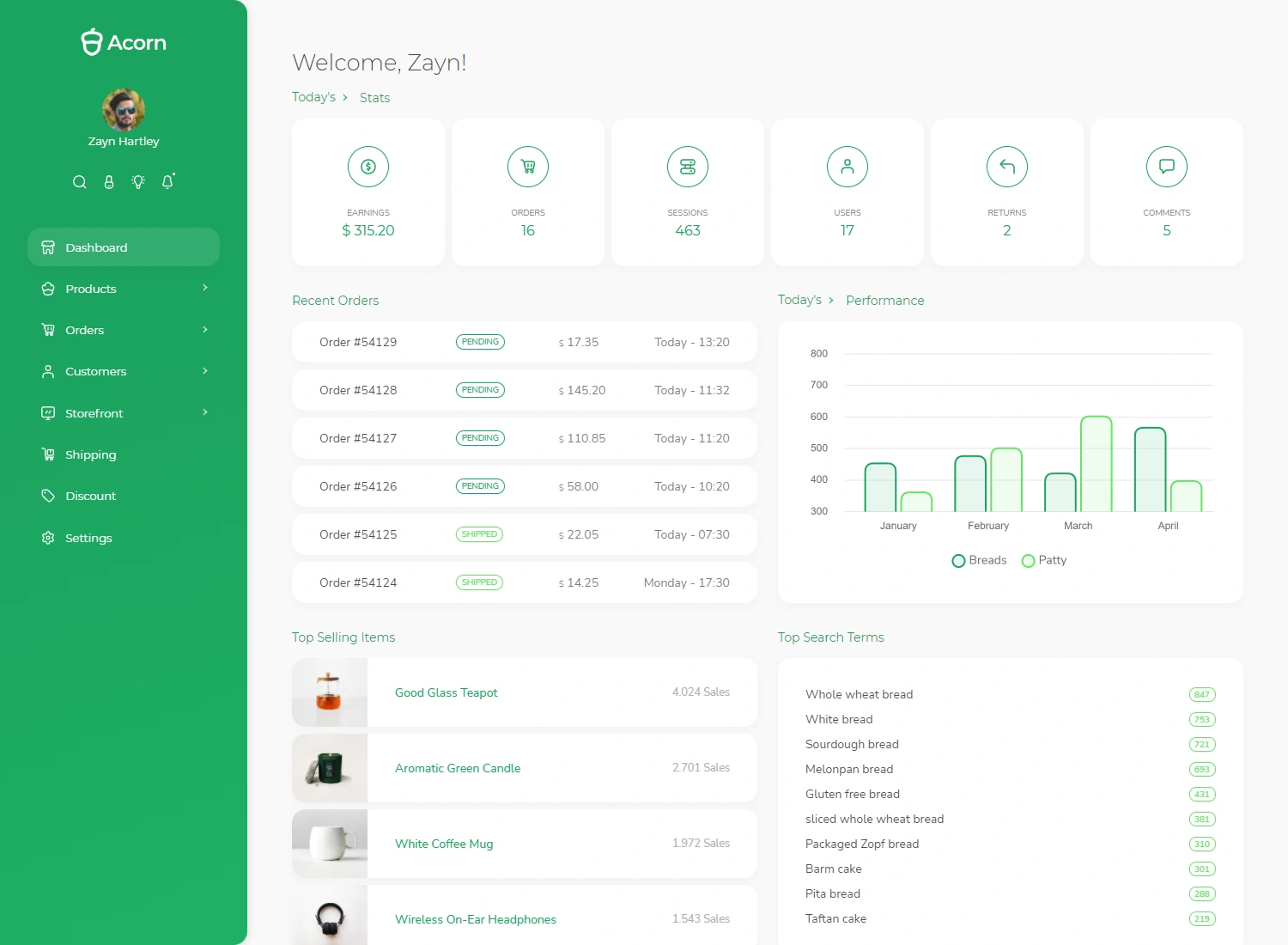While plastic pollution remains a global concern, the increasing prevalence of carcinogenic plasticizers poses a significant, often overlooked threat to the environment and human health. Plasticizers, used to enhance the flexibility and shine of plastics, are present in a range of everyday products such as baby toys, shampoos, soaps, and food containers. They are easily absorbed through the skin and have been linked to serious health risks, including hormonal imbalances and carcinogenic effects.
A Revolutionary Approach by IIT Roorkee
In a groundbreaking study, researchers at IIT Roorkee, led by Dr. Pravindra Kumar, have successfully utilized a bacterial enzyme to break down diethyl hexyl phthalate (DEHP), a high molecular weight plasticizer notorious for its resistance to degradation. The enzyme, esterase, sourced from soil bacteria Sulfobacillus acidophilus, has demonstrated remarkable efficiency in degrading DEHP into simpler, less harmful compounds. The findings, funded by THDC India Limited, have been published in the journal Structure.
How the Process Works
The team at IIT Roorkee used X-ray crystallography to identify the enzyme's active sites, enabling them to understand the detailed degradation mechanism. The process involves:
- Esterase Enzyme Action: Breaking down DEHP into mono-(2-ethylhexyl) phthalate (MEHP) and 2-ethyl hexanol.
- Sequential Enzyme Reactions: Using a sequence of enzymes from the bacteria Comamonas testosteroni to convert the degraded products into carbon dioxide and water.
This innovative method demonstrates a complete degradation cycle:
- DEHP → MEHP and 2-ethyl hexanol → phthalates → intermediate compounds → carbon dioxide and water.
Advantages of Bacteria-Integrated Enzymes
One of the significant advancements of this research is the integration of enzyme genes into bacteria, allowing continuous degradation without the need to repeatedly produce fresh batches of enzymes. The bacteria remain active for an extended period, providing a scalable and sustainable solution for plasticizer degradation.
According to the researchers, enzyme integration offers several advantages:
- Efficiency: Enzymes act sequentially within the bacteria, speeding up the process.
- Sustainability: Once integrated, the bacteria can be reused, reducing the operational costs and resources required.
- Potential Applications: The enzymes also show promise for extracting polypropylene from contaminated water, broadening their utility beyond plasticizer degradation.
Toward a Plasticizer-Free Future
The research marks a significant step in addressing the environmental challenges posed by plasticizers. The team is also undertaking enzyme engineering to further accelerate degradation rates within bacteria. This approach could pave the way for large-scale applications, providing a practical solution for industries and municipalities to tackle plastic and plasticizer pollution.
Broader Implications for India
India, as one of the largest consumers of plastic products, faces a growing threat from plasticizer contamination in soil and water. The innovative solutions developed at IIT Roorkee align with the country’s push for sustainable technologies and its commitment to environmental conservation under initiatives like Swachh Bharat Abhiyan and Plastic Waste Management Rules, 2016.






